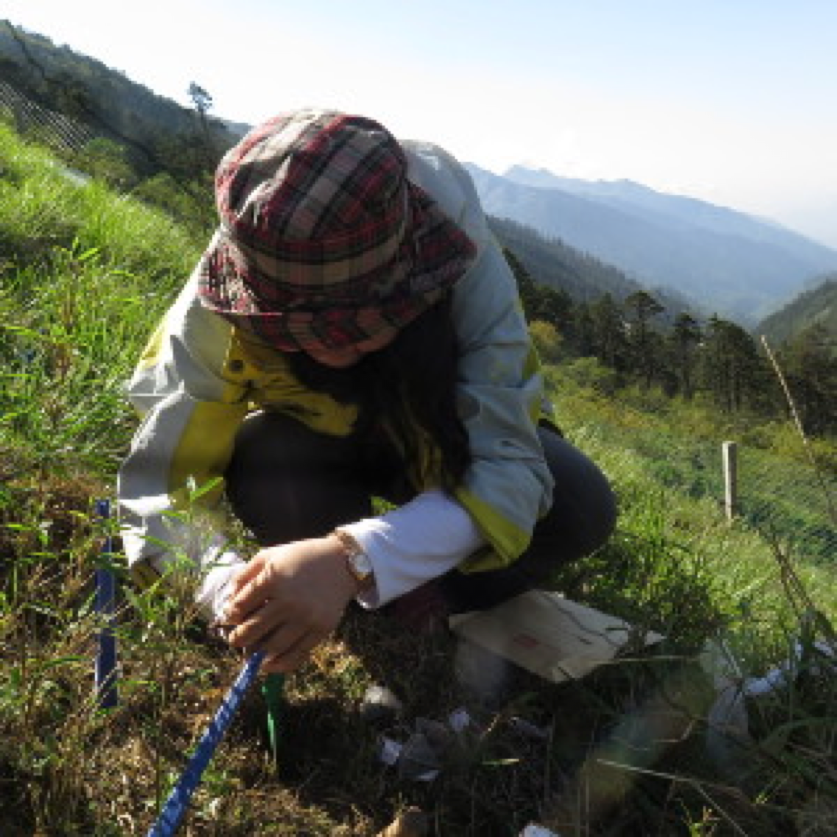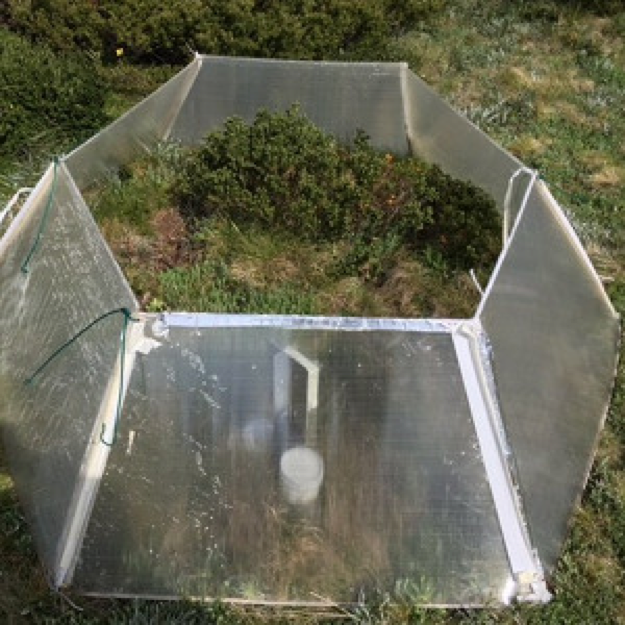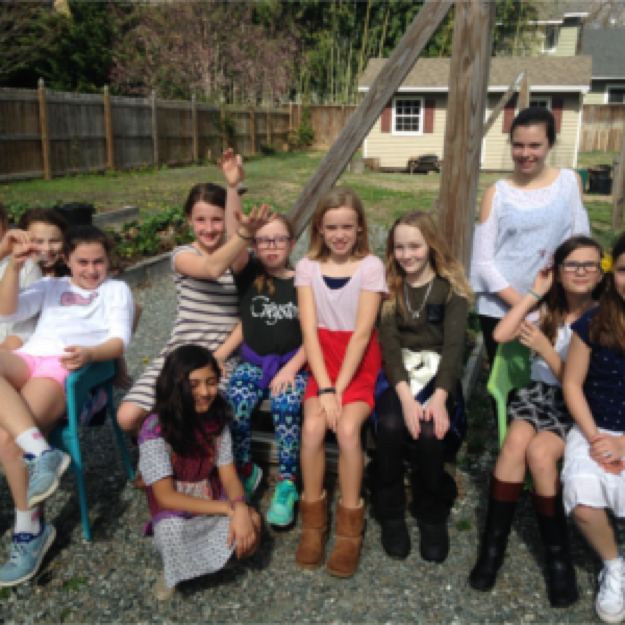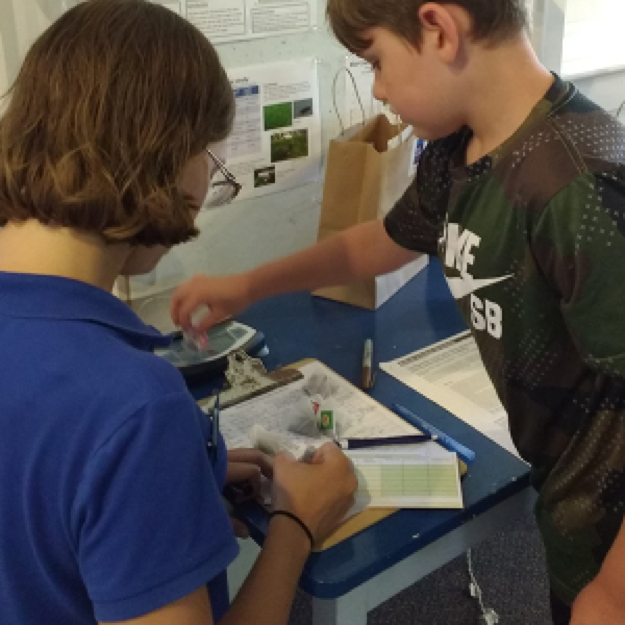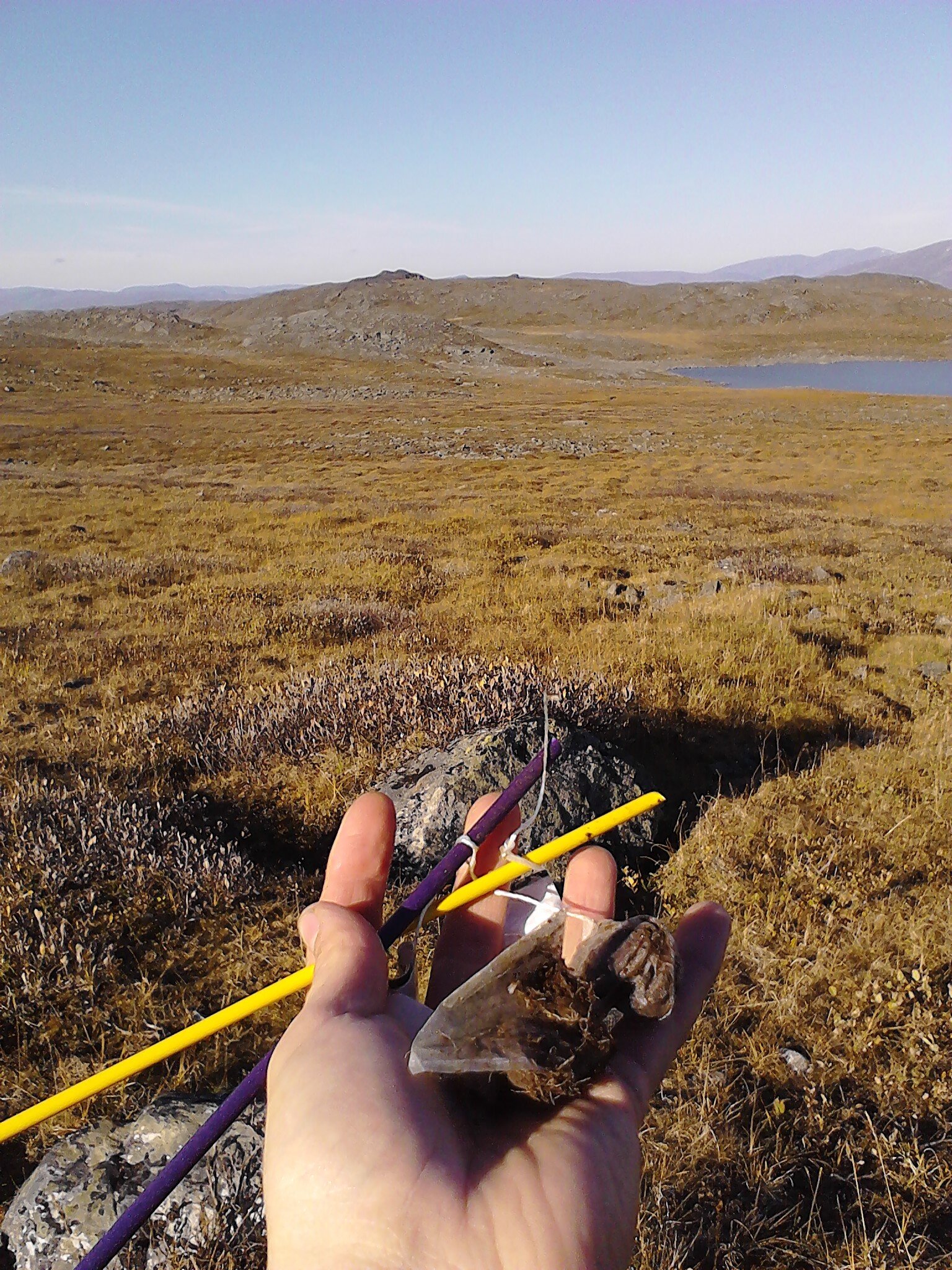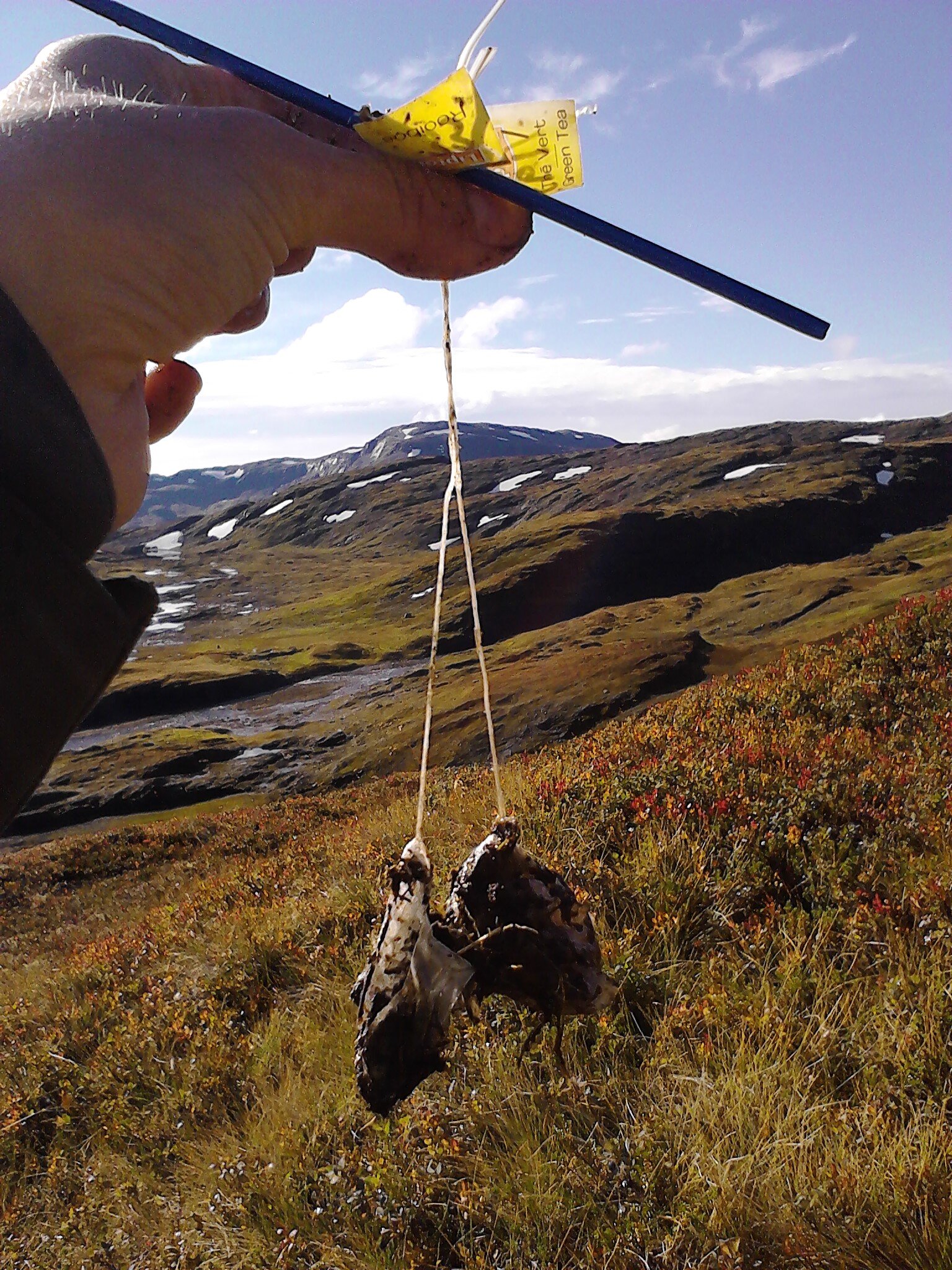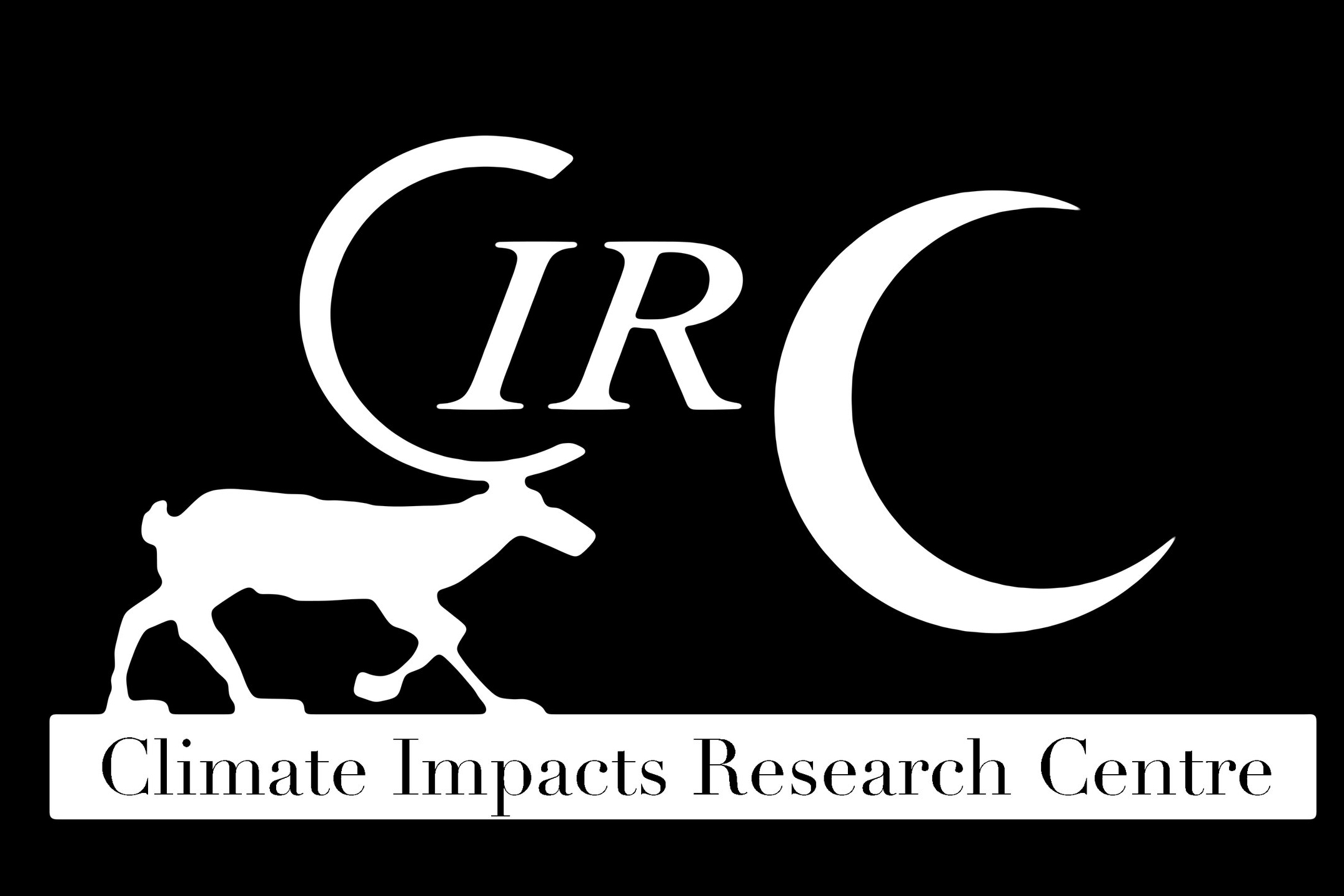Teatime4science
Emily Goldstein Museum
Project summary
The decay of organic material, or decomposition, is a critical process for life. While plant material decomposes, it loses weight, releases nutrients and the greenhouse gas carbon dioxide (CO2). Changes in climate and decomposition potentially reinforce each other; With global warming, decomposition increases, leading to higher CO2 concentrations in the atmosphere, which in turn accelerates global warming. These feedbacks substantially influence our future climate. However, the current climate models lack sufficient measured data to accurately include feedbacks between decomposition and climate. Solving this requires a new approach and a huge quantity of data. A recently developed method that uses tea bags as test kits is such an approach. By involving citizen scientists, decomposition rates will be measured at a previously unattainable scale and resolution, within a relatively short time. This will break new ground in our understanding of climate effects on decomposition. We will test the effects of changed climate conditions by burying tea worldwide alongside climate manipulation experiments (with open top chambers and rain shelters). We further calibrate the method and measure decomposition under a large variety of environmental conditions in the laboratory. The tea time for science project will thus compile a global soil map of decomposition, and perform the most rigorous test of the relation between climate factors and decay rates using models with increased accuracy.
Project website
Collaborators
Mariet Hefting, Utrecht University
Taru Sandén, Department for Soil Health and Plant Nutrition at the Austrian Agency for Health and Food Safety (AGES)
Joost Keuskamp, Biont Research
Funding
Vetenskapsrådet
Technical faculty of Umea university
Project Dates
2015 - 2019
Project Photos
